- Home
- News
- XPENG LAUNCHES INDUSTRY’S FIRST AI-POWERED IN-CAR OS, PROMOTING AI-ENABLED SMART DRIVING EXPERIENCE
XPENG LAUNCHES INDUSTRY’S FIRST AI-POWERED IN-CAR OS, PROMOTING AI-ENABLED SMART DRIVING EXPERIENCE
1) XPENG upgrades XOS 5.1.0, AI Tianji, the industry’s first AI-powered in-car OS, for all eligible users on May 20
2) XOS 5.1.0 integrates end-to-end large model technology, enhancing the smart driving experience for XPENG car owners
3) Intelligent and personalised in-car AI assistant services through AI assistant Xiao P, AI Chauffeur, and AI Bodyguard
4) XPENG AI Valet Driver offers customisable, end-to-end smart driving experiences across China
BEIJING, China, May 20, 2024 – XPENG Motors (“XPENG” or the “Company,” NYSE: XPEV and HKEX: 9868), a leading Chinese smart electric vehicle (“Smart EV”) company, today showcased its cutting-edge advancements in AI technology and announced the full rollout of the XOS 5.1.0, Tianji, in-car OS to all eligible XPENG models during the XPENG AI DAY event themed “Pioneering a new era of smart AI driving.”
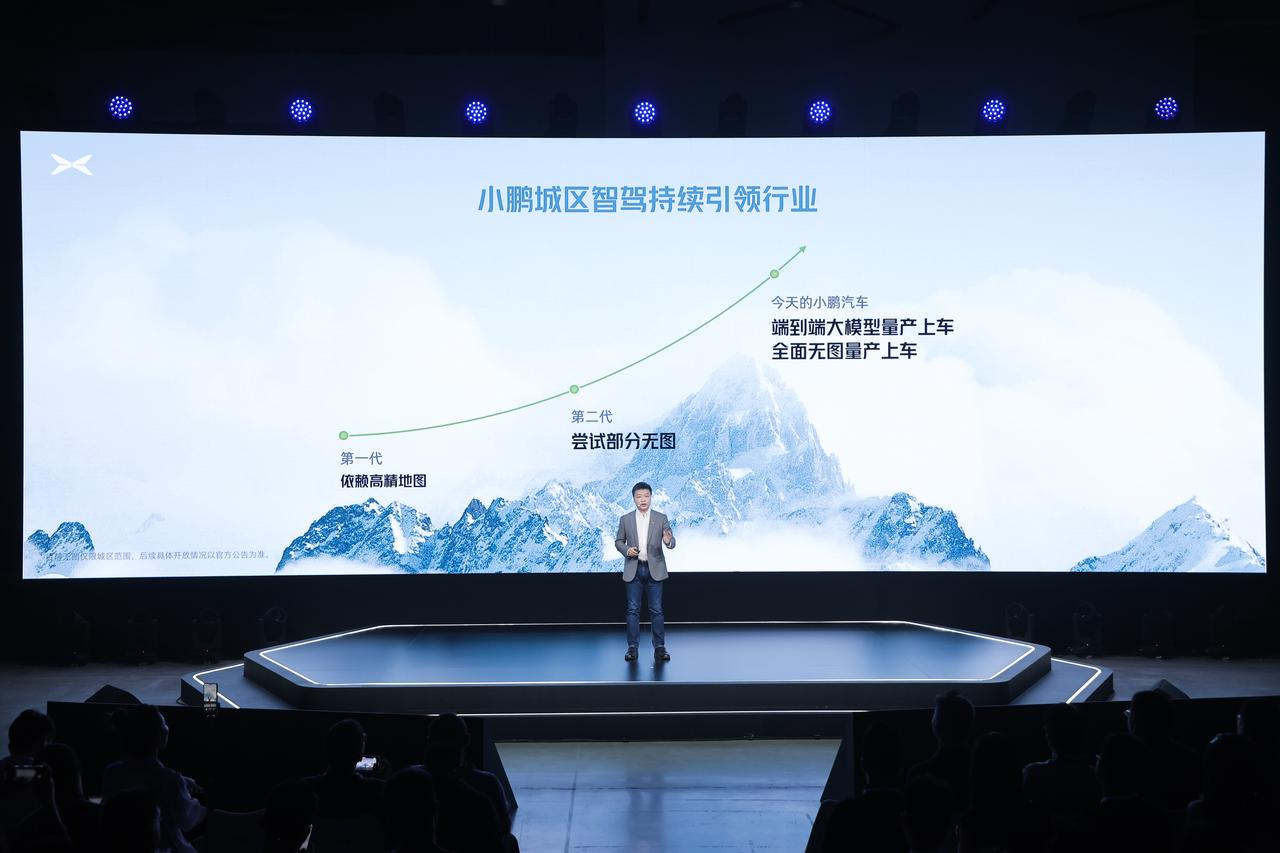
At the press conference, XPENG Chairman and CEO He Xiaopeng also announced major news: “The first model of the MONA series will debut in June this year,” and clearly outlined XPENG’s new market positioning as the global pioneer and promoter of AI smart driving.
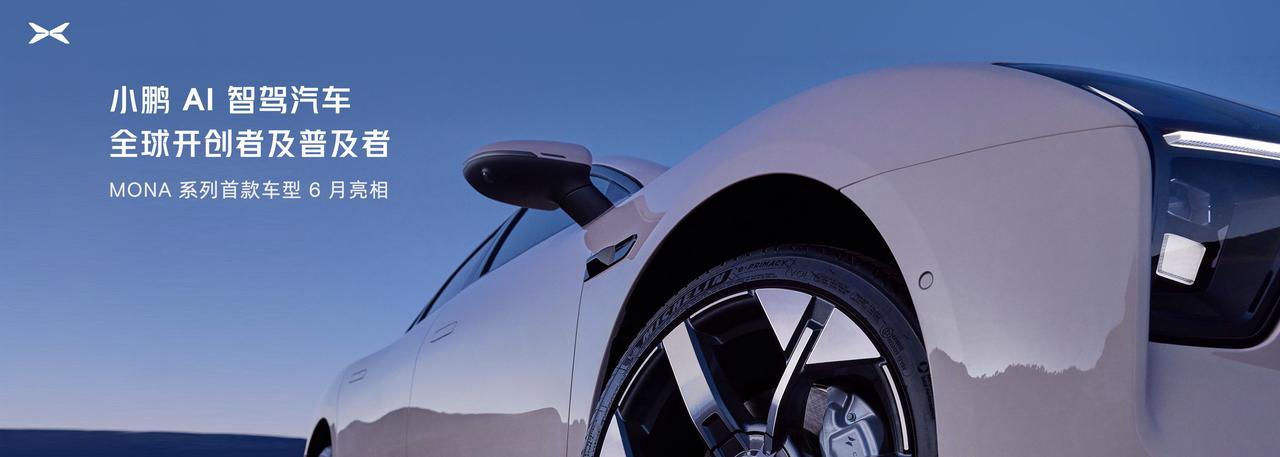
Unveiling the first in-car OS that integrates mass-produced end-to-end large model in China
Led by AI technology, the Chinese automotive market is undergoing a transformation from electrification to smartification. AI-powered smart vehicles are accelerating their evolution, offering more human-like decision-making and enhanced, safer driving experiences through end-to-end data iteration.
For XPENG, AI Smart EVs possess three core characteristics: Active learning, rapid growth, and personalised experiences.
The core technology involves feeding and training AI large models with unlimited rules to enhance their understanding, perception, and decision-making abilities in complex scenarios. Currently, XPENG has developed core algorithms for perception, positioning, planning, and decision-making, and established both vehicle-end and cloud-end data processing capabilities, enabling rapid algorithm iteration based on real data, and continuously providing users with enhanced autonomous driving capabilities through OTA updates.
XPENG’s XNet, XPlanner and XBrain
XPENG has introduced China’s first mass-produced end-to-end model for smart driving: The neural network XNet, the planning and control large model XPlanner, and the large language model XBrain. This integrated system enhances intelligent driving capabilities by two times.
The XNet deep visual neural network combine s dynamic XNet, static XNet, and the industry’s first mass-produced pure vision 2K occupancy network. This system empowers the autonomous driving system with capabilities comparable to LiDARs, using pure vision and creating a 3D naked-eye experience. The 2K pure vision network reconstructs the world with over 2 million grids, providing 3D representations of drivable spaces and clearly recognising every detail of static obstacles. Its perception range is doubled, covering an area equivalent to 1.8 football fields, and can accurately identify over 50 types of objects to see further and clearer.
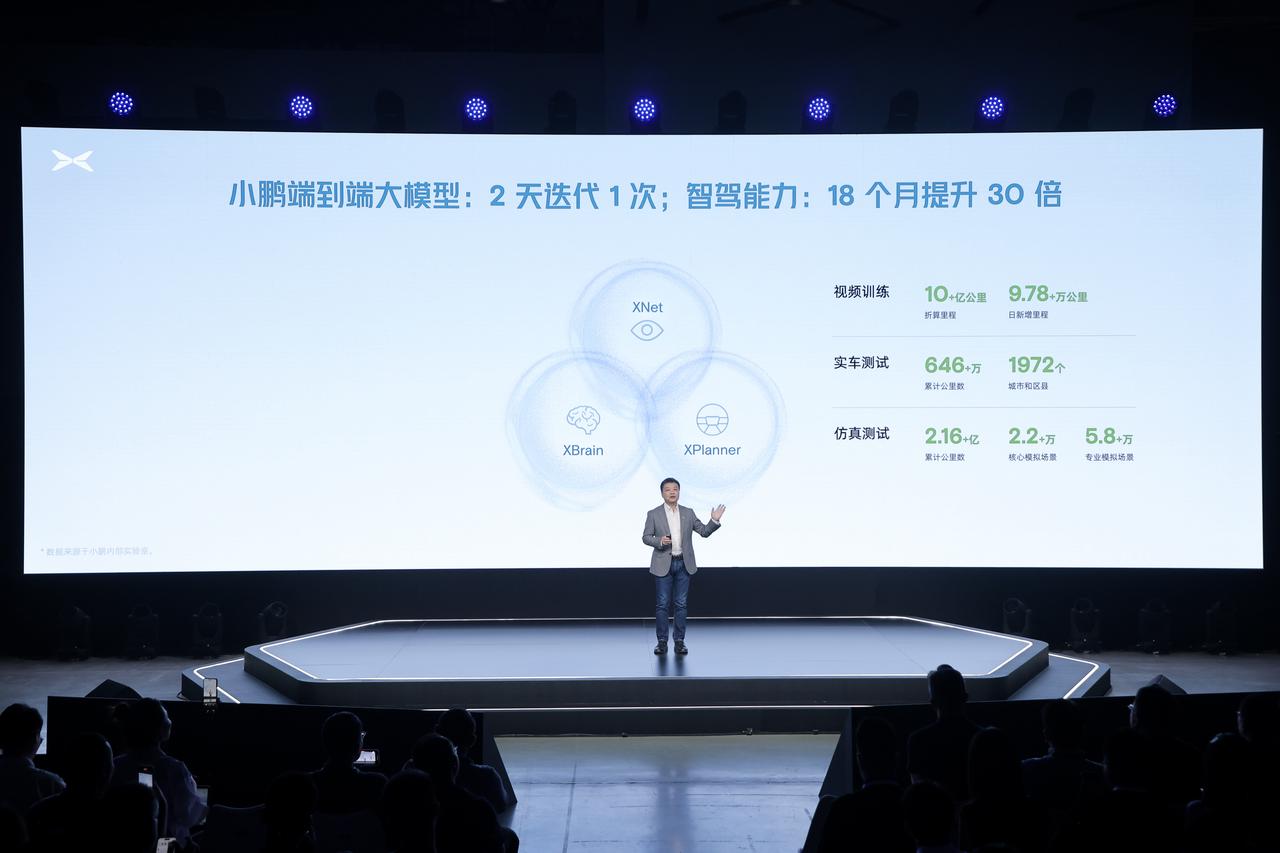
Moreover, XPENG has introduced the neural network-based planning model, XPlanner. XPlanner, like a human cerebellum, continually trains with vast amounts of data, making driving strategies increasingly human-like. This reduces driving jerks by 50%, improper stops by 40%, and passive human takeovers by 60%, providing an “experienced driver”-like smart driving experience that significantly enhances user comfort and safety.
With the introduction of the AI large language model architecture, XBrain, XPENG’s autonomous driving system gains human-like learning and comprehension capabilities, significantly improving its handling of complex and even unknown scenarios as well as its reasoning and understanding of real-world logics. For example, with the support of XBrain, the autonomous driving system can recognise turn zones, tidal lanes, special lanes, and road sign text, as well as various behavioural commands such as stop and go, fast and slow. This enables it to make human-like driving decisions that balance safety and performance.
Based on over 1 billion kilometres of video training, more than 6.46 million cumulative kilometres of real-world testing, and over 216 million cumulative kilometres of simulation testing, XPENG’s end-to-end large model can iterate every two days. In the next 18 months, smart driving capabilities are expected to improve by 30 times. By the third quarter of this year, XPENG aims to extend XNGP coverage to all roads in China, offering an urban smart driving experience that will rival its highly acclaimed highway smart driving by 2025.
Additionally, He Xiaopeng mentioned at the press conference: “By 2025, XPENG will achieve L4-level autonomous driving experience in China,” and that XPENG is currently testing the end-to-end capabilities of XNGP globally, hastening the arrival of fully autonomous driving.
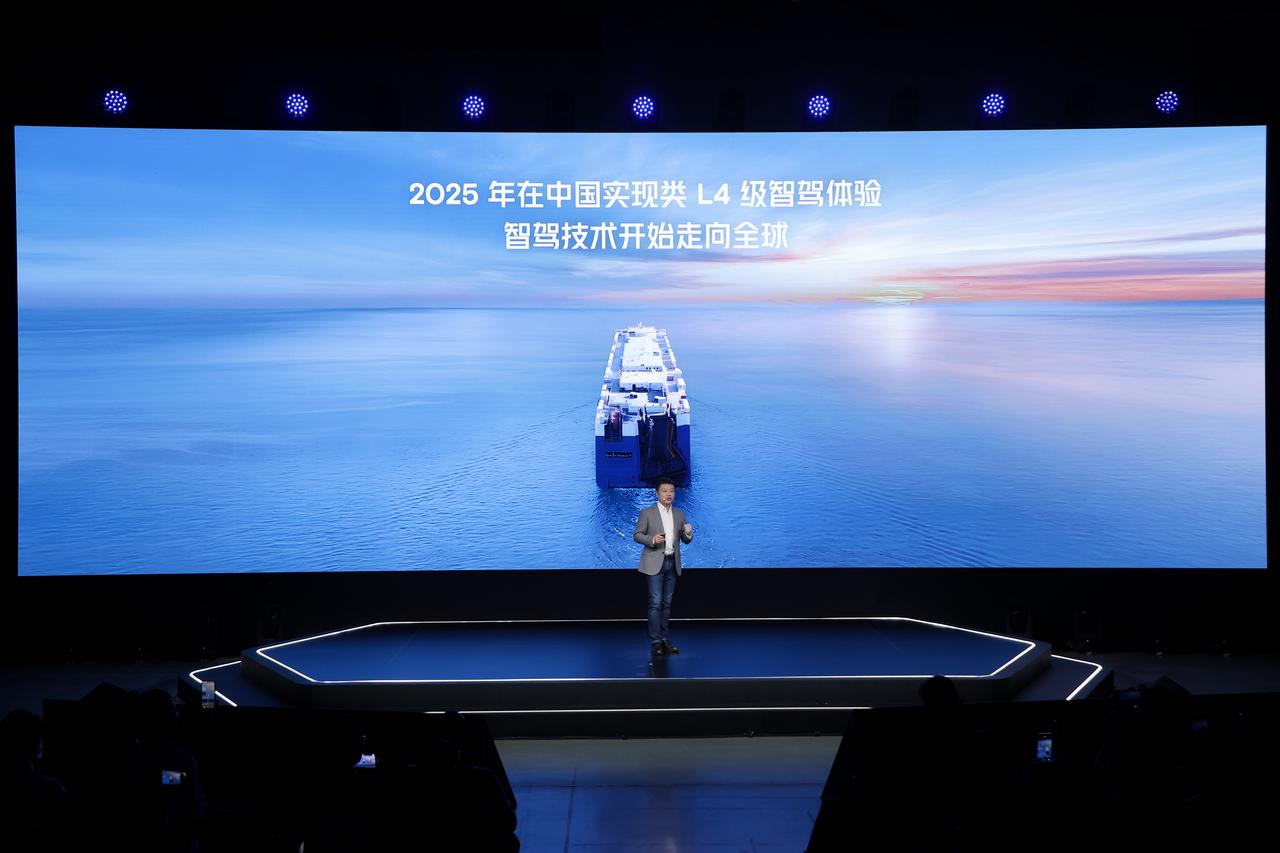
The previously released end-to-end large model has further validated XPENG’s systematic capabilities in AI smart driving technology. Compared to relying on first-generation HD map coverage, XPENG’s end-to-end large model and its mapless driving technology is ahead of the whole industry by two generations. The company plans to invest 3.5 billion renminbi in R&D and recruit 4,000 professionals in 2024, with an additional annual investment of 720 million renminbi in computing power training to accelerate the evolution and iteration of AI smart cars.
AI Tianji System XOS 5.1.0: The first step into the smart AI driving era
The AI Tianji System XOS 5.1.0, launched at this event, represents another pioneering field for XPENG in AI technology applications. It is the industry’s first in-car OS to comprehensively apply AI technology to both smart cockpits and smart driving. Its advanced features ensure smooth experience all the time. After upgrades, average frame rates, first-frame responsiveness, and touch response speeds have all improved by over 30%, with application launch speeds up by 50%. User satisfaction during beta tests has exceeded 97%.
Fully integrated with AI large models, the AI Tianji System provides more intelligent and personalised in-car AI assistant services through its core functions: AI assistant Xiao P, AI Chauffeur, and AI Bodyguard, ensuring safer and more comfortable driving experiences, whether in smart driving or human driving modes.
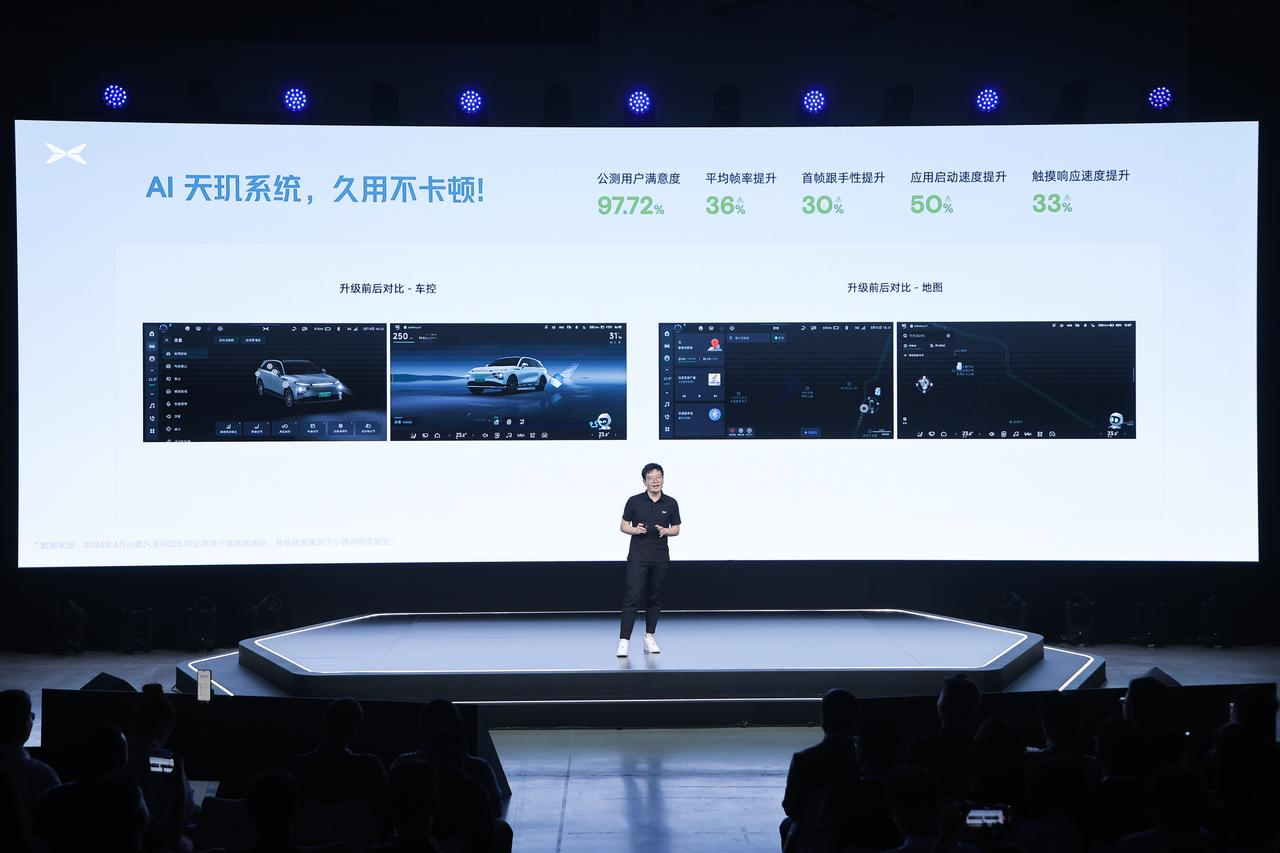
Comprehensive smart cockpit experience
XPENG introduced the industry’s first “all-domain large language model” for smart cockpits, in collaboration with Alibaba Tongyi Qianwen and Zhipu AI, deeply integrating AI large model capabilities into all driving scenarios. This system actively senses and infers user needs, easily achieving “hears commands, understands, and executes.”
The new AI assistant Xiao P, based on the deep application of AI large models, is more human-like and understanding, providing concierge-level services through functions like Smart Reasoning, Smart Scheduling, In-car Encyclopaedia, etc. For example, a user’s simple command like “Remind me to watch my speed when I pass here” or “Wake me up in 20 minutes” can prompt precise service through Smart Scheduling accordingly. Smart Reasoning can deduce user needs from statements like “I’m a bit cold,” inferring whether to adjust the air conditioning. Smart Creation and In-car Encyclopaedia offer personalised companion experiences as a car steward, encyclopaedia teacher, or creative assistant. Smart World View senses and understands the real surrounding environment, accurately assisting with user commands. With AI Chauffeur, XPENG becomes an intelligent ecosystem with external sensory capabilities, providing real-time information to ensure driving safety and convenience.
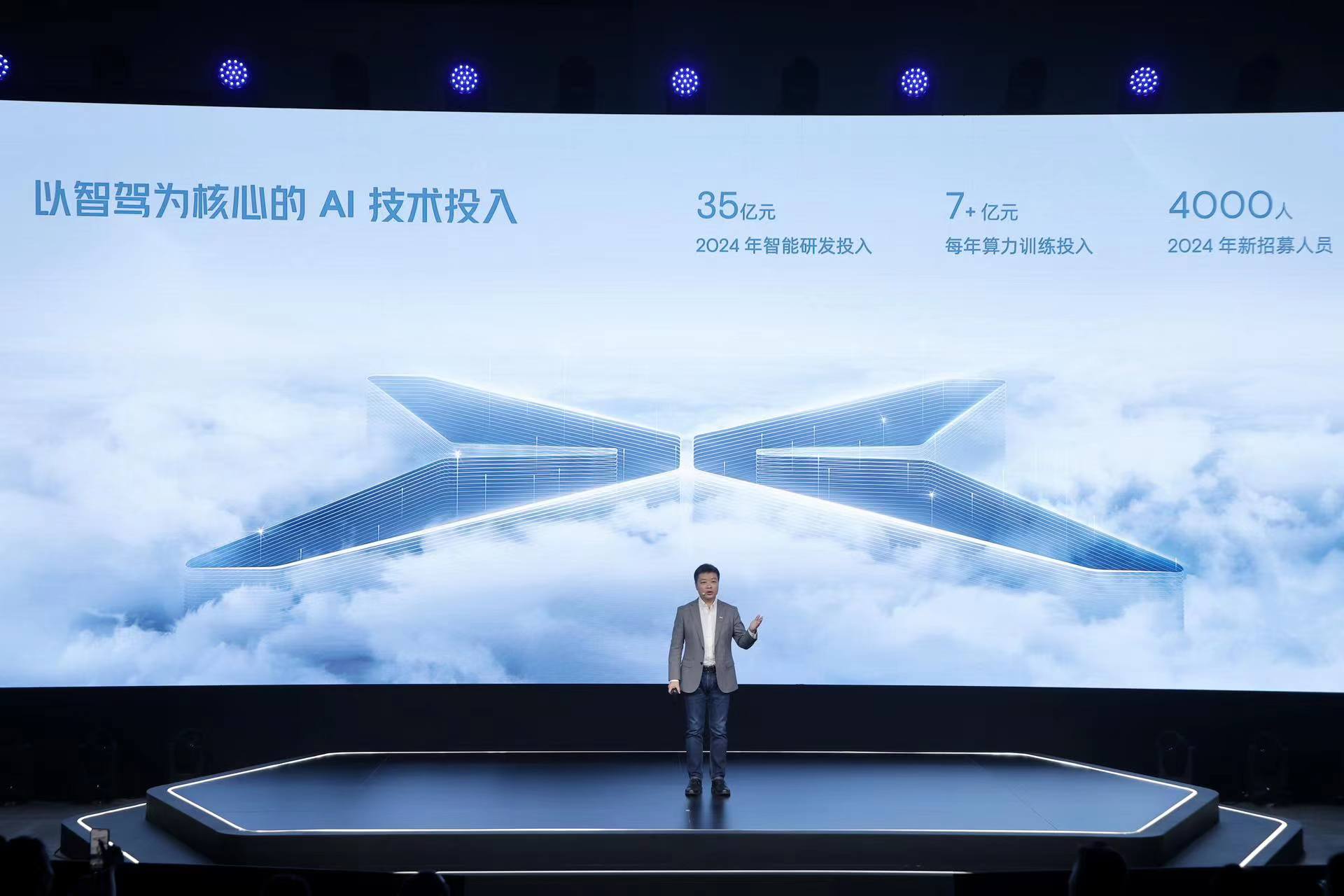
AI Chauffeur: Customizable, end-to-end smart driving experience
XPENG’s AI Chauffeur offers comprehensive smart driving experiences covering all driving and parking scenarios with three core functions: AI Valet Driver, AI Parking, and AI Bodyguard, ensuring safer and more comfortable experiences in both smart driving and manual driving.
While the industry is still debating the “feasibility” of autonomous driving, XPENG is already focusing on the future of “personalised experiences.” AI Valet Driver marks XPENG’s first step toward “customised” and personalised smart driving.
XPENG launched AI Driver Valet at the event, the industry’s first mass-produced “end-to-end” memory-based navigation smart driving. With robust self-learning capabilities, AI Valet Driver achieves “zero interventions and zero downgrades” on commuting routes, generating customised driving routes after just one learning session. Each user can store up to 10 memory routes, with each route up to 100 km long, ensuring smart and human driving experiences are equally proficient.
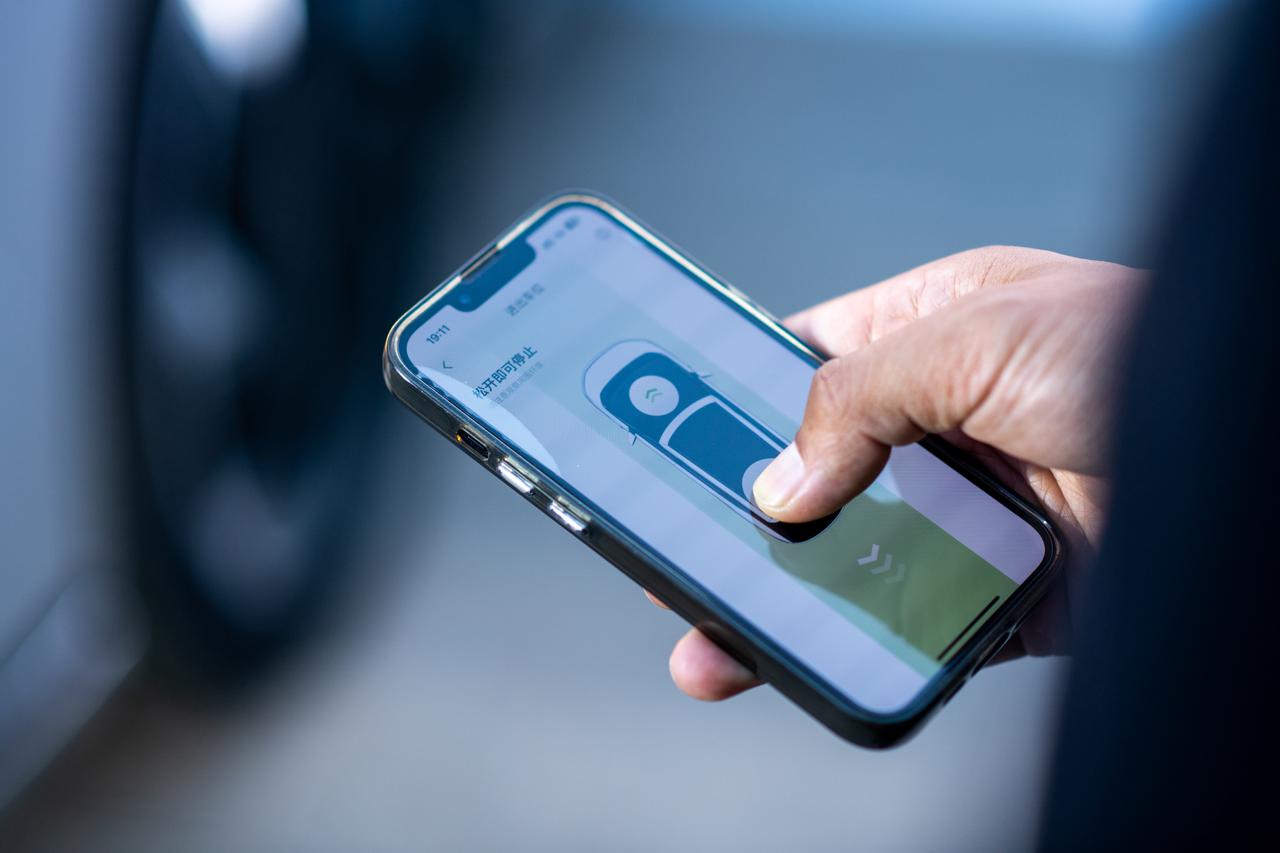
Facing challenges of narrow parking spaces, XPENG’s AI Parking, the world’s first mass-produced remote-free valet parking and auto summon feature, enables fully automated valet parking and rapid parking in multiple scenarios. This technology increases parking capabilities by three times and parking speed by 50%, effortlessly managing complex parking scenarios like side and dead-end parking. Combined with the mobile app, users can pause and resume parking at any time, making parking more efficient and enjoyable.
About XPENG
XPENG is a leading Chinese Smart EV company that designs, develops, manufactures, and markets Smart EVs that appeal to the large and growing base of technology-savvy middle-class consumers. Its mission is to drive Smart EV transformation with technology, shaping the mobility experience of the future. In order to optimise its customers’ mobility experience, XPENG develops in-house its full-stack advanced driver-assistance system technology and in-car intelligent operating system, as well as core vehicle systems including powertrain and the electrical/electronic architecture. XPENG is headquartered in Guangzhou, China, with main offices in Beijing, Shanghai, Silicon Valley, San Diego and Amsterdam. The Company’s Smart EVs are mainly manufactured at its plants in Zhaoqing and Guangzhou, Guangdong province.